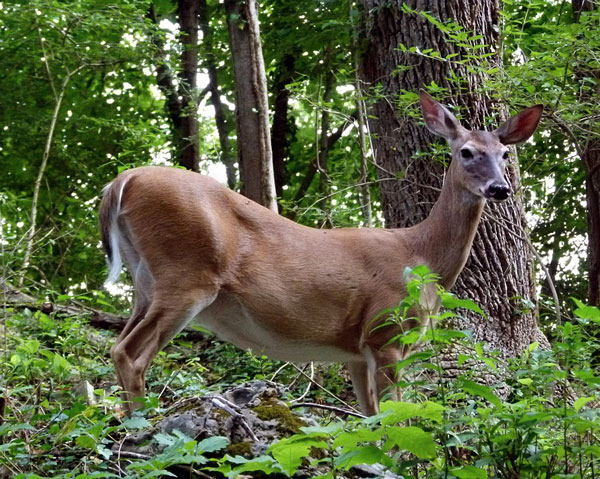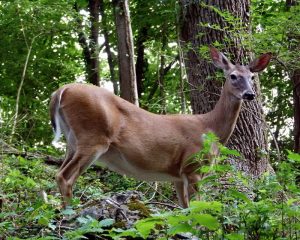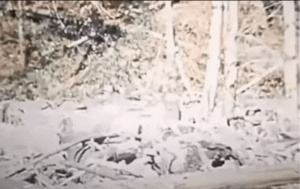GOLDENDALE (RELEASE) – For the first time in Washington, wildlife managers have found in deer a viral infection known as Adenovirus Hemorrhagic Disease (AHD).
Washington Department of Fish and Wildlife (WDFW) officials confirmed AHD, which can be deadly to deer, in a herd east of Goldendale in Klickitat County. This type of AHD is specific to deer and is not uncommon in other states, including Oregon where an outbreak was reported near The Dalles earlier this year.
AHD specific to deer does not pose a risk to livestock, pets, or people – from contact or by consuming the meat. However, the use of rubber gloves is always recommended for handling any wildlife carcass.
“This disease is common enough in California and other western states that we’ve likely had it before but just haven’t been able to document it,” said Kristin Mansfield, WDFW veterinarian. “At this point, the disease appears to be localized here.”
Stefanie Bergh, WDFW district wildlife biologist, said reports of dead deer fawns began in early July and have continued through August. After working with landowners to find fresh carcasses, WDFW sent tissue samples to Washington State University’s Washington Animal Disease Diagnostic Laboratory, where the AHD virus was confirmed.
Signs of deer with AHD include rapid or open-mouth breathing, foaming or drooling at the mouth, diarrhea, weakness, and emaciation. Most of the dead deer reported were fawns, which is common with AHD. Death can occur within three to five days from the time a deer is exposed to the virus, although not all infected deer die. Cases of AHD typically peak in midsummer and taper off in the fall.
There is no known cure or treatment for the virus. AHD is transmitted by direct contact between deer, making it more likely for the virus to spread in areas with high deer concentrations, Bergh said.
“For that reason we ask people not to concentrate deer by providing feed or water for them,” she said. “That is the best way we can help minimize the spread of this disease.”
People in the Goldendale area who see live or dead deer with signs of AHD are asked to report their sightings to WDFW’s Ridgefield office at 360-696-6211.




